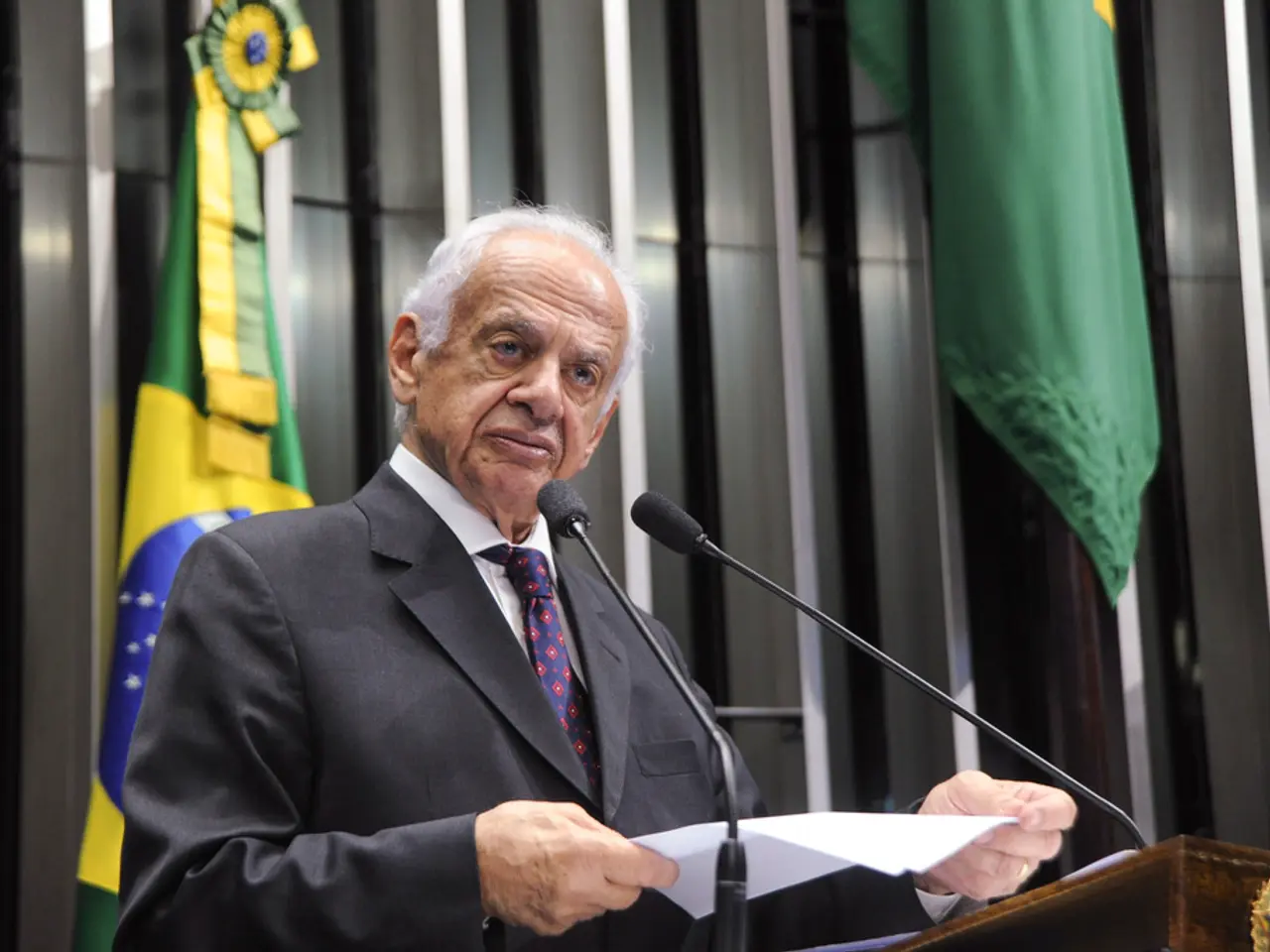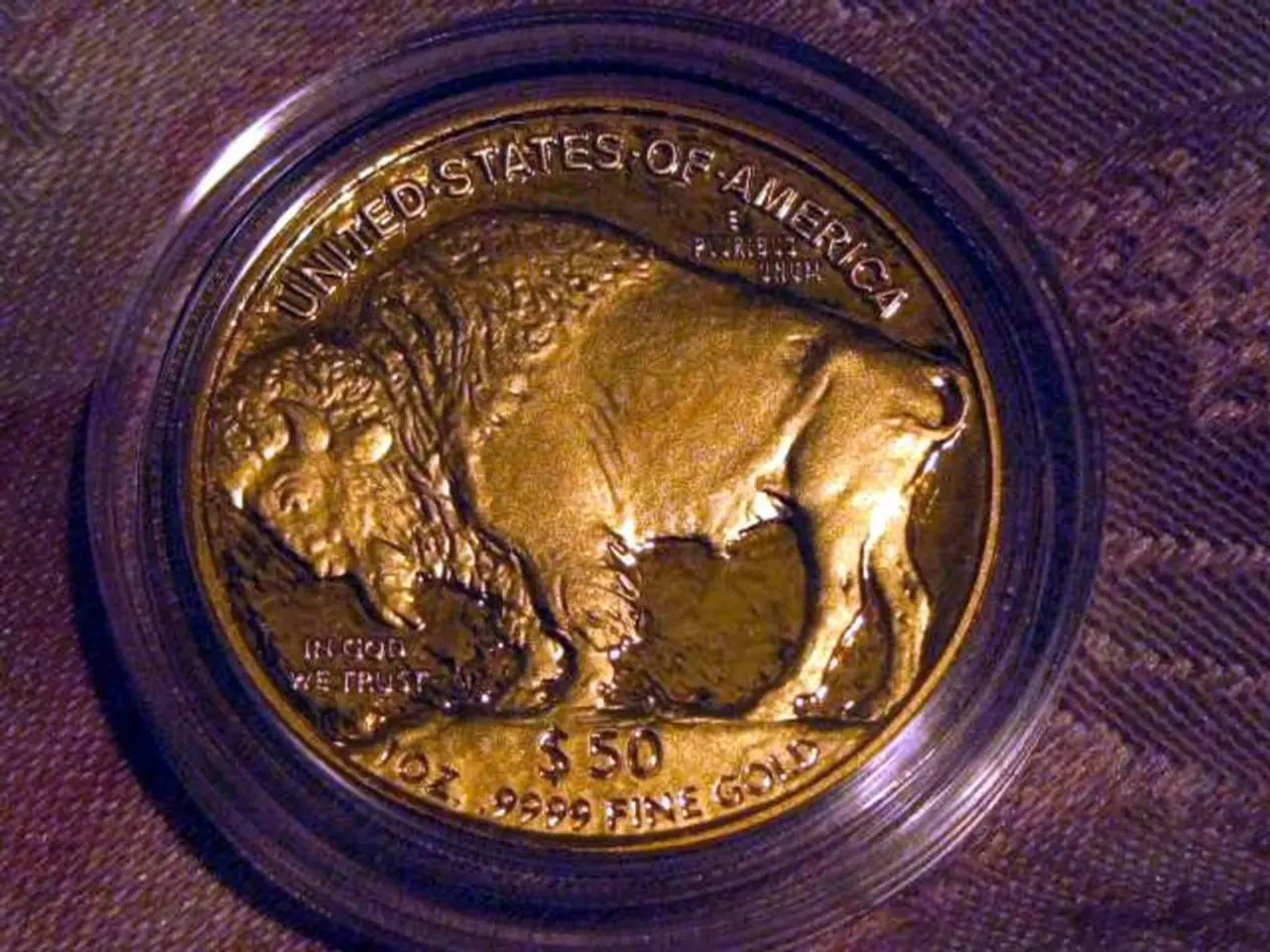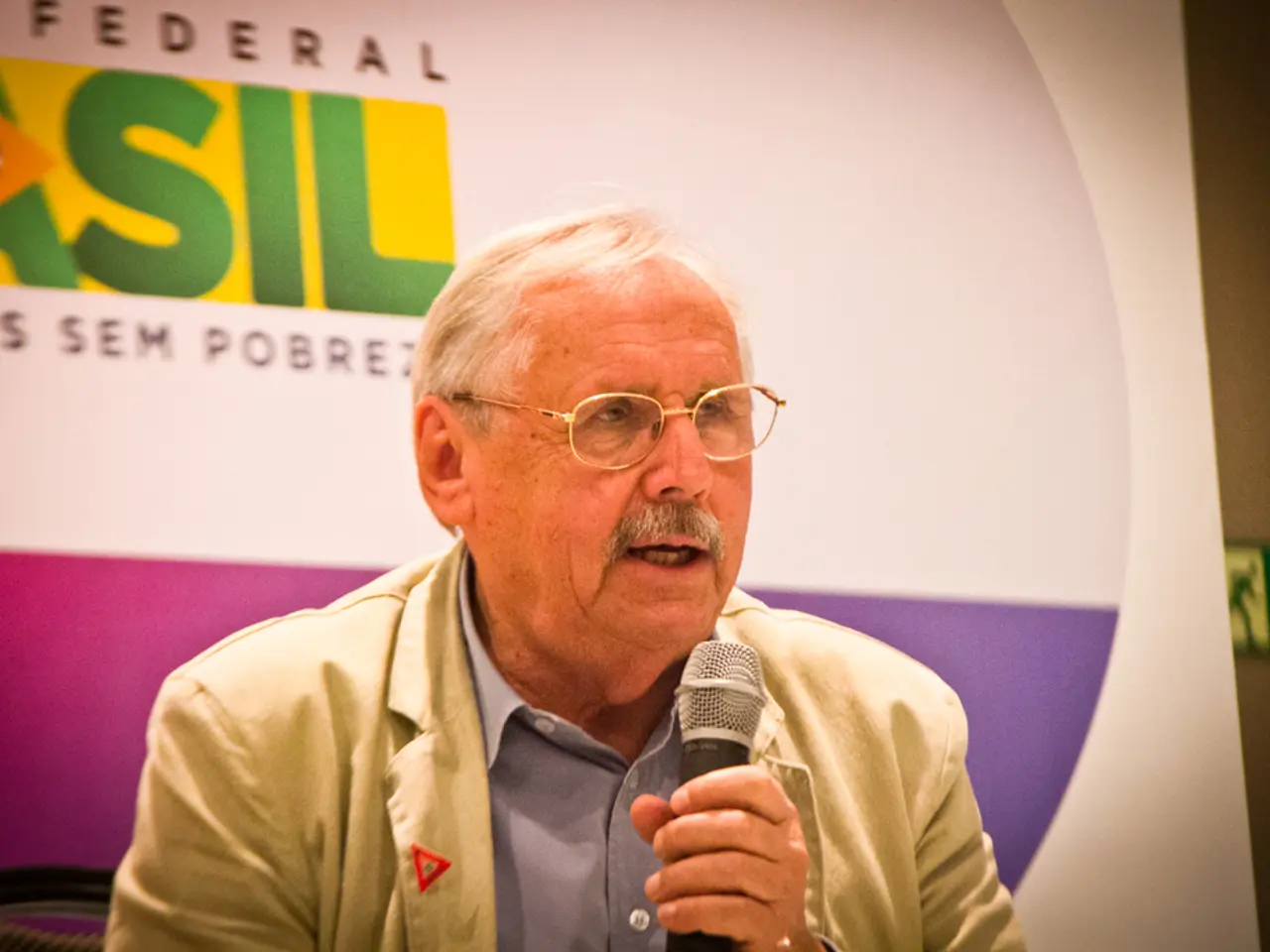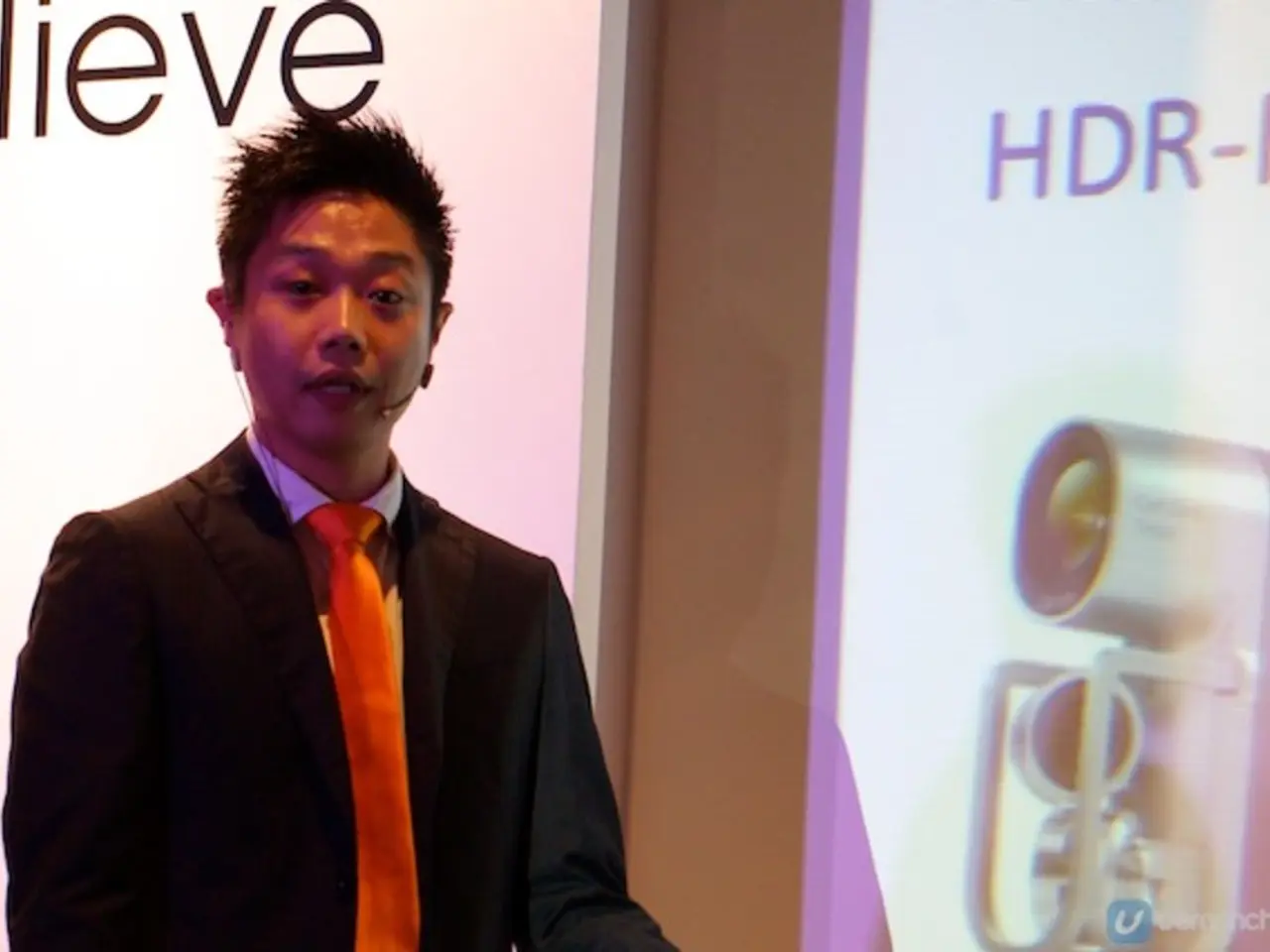Will the Successor of Pope Francis Maintain His Openness Policy?
As the world bids farewell to Pope Francis, the charismatic head of the Roman Catholic Church who passed away on Easter Monday at the age of 88, the Vatican is gearing up for a busy period ahead. The imminent election of a new Pope will see the College of Cardinals, following time-honoured rituals, electing a successor to Pope Francis.
Interestingly, the current pontiff, himself the first Jesuit to become the Pope, has ensured geographical diversity among the cardinals by creating 30 of them from Asia and Africa, making the College even more representative.
The anticipated election carries intense curiosity about the specifics of the new Pope, particularly whether he will be another outsider like Francis, hailing from Argentina, despite his Italian grandparents having migrated to Argentina after WWI for better opportunities in contrast to their straitened economic status in Turin.
Symbolism aside, Pope Francis was also an innovator in his approach, displaying an admirable openness based on his moral convictions. His commitment to the poor and marginalized was rooted in his upbringing in Buenos Aires among a multi-faith community. This formative experience shaped his views about religious diversity and an inclusive approach towards the Church.
Though generally considered a liberal and progressive Pope, the conservative elements within the Church remain persistent. Pope Francis, despite having a relatively low-key collaboration with the College of Cardinals, proved to be a trailblazer by setting up his own select committee and appointing women to key administrative positions within the Vatican.
One of his most revolutionary aspects was his canonization policy. He strove to expand the realm of sainthood, reaching beyond the traditional Western ecclesiastical landscape by canonizing figures such as Kolkata's Mother Teresa in 2016, Cardinal John Henry Newman, and martyrs hailing from Argentina and Brazil.
Understanding the significance of the chosen successor, the upcoming papal conclave presents a challenge for the cardinals to elect a leader who embodies the virtues and wisdom of Francis while addressing the Church's contemporary challenges. In a Church plagued by moral and financial controversies, a clear visionary gifted with emotional intelligence is required to navigate these complexities.
While the selection process is steeped in tradition, it is intriguing to witness how modern sensibilities will shape the future of the Roman Catholic Church as it elects its next leader. Described as an edifice of solace by millions, the Church's enduring traditions stand in stark contrast to the shallow and diabolical tendencies often associated with contemporary political leaders. In this context, a visionary spiritual figure like Pope Francis becomes all the more essential in guiding humanity through an uncertain world.
In the challenging task of electing a new Pope, the College of Cardinals must find a leader who embodies the vision and emotional intelligence of Pope Francis to navigate the Church's contemporary moral and financial controversies. This future leader should also uphold Pope Francis' revolutionary approach, following his example of addressing the needs of the poor and marginalized and expanding the realm of sainthood to include figures from diverse regions, thus ensuring the Church remains representative and inclusive in its business and leadership.





